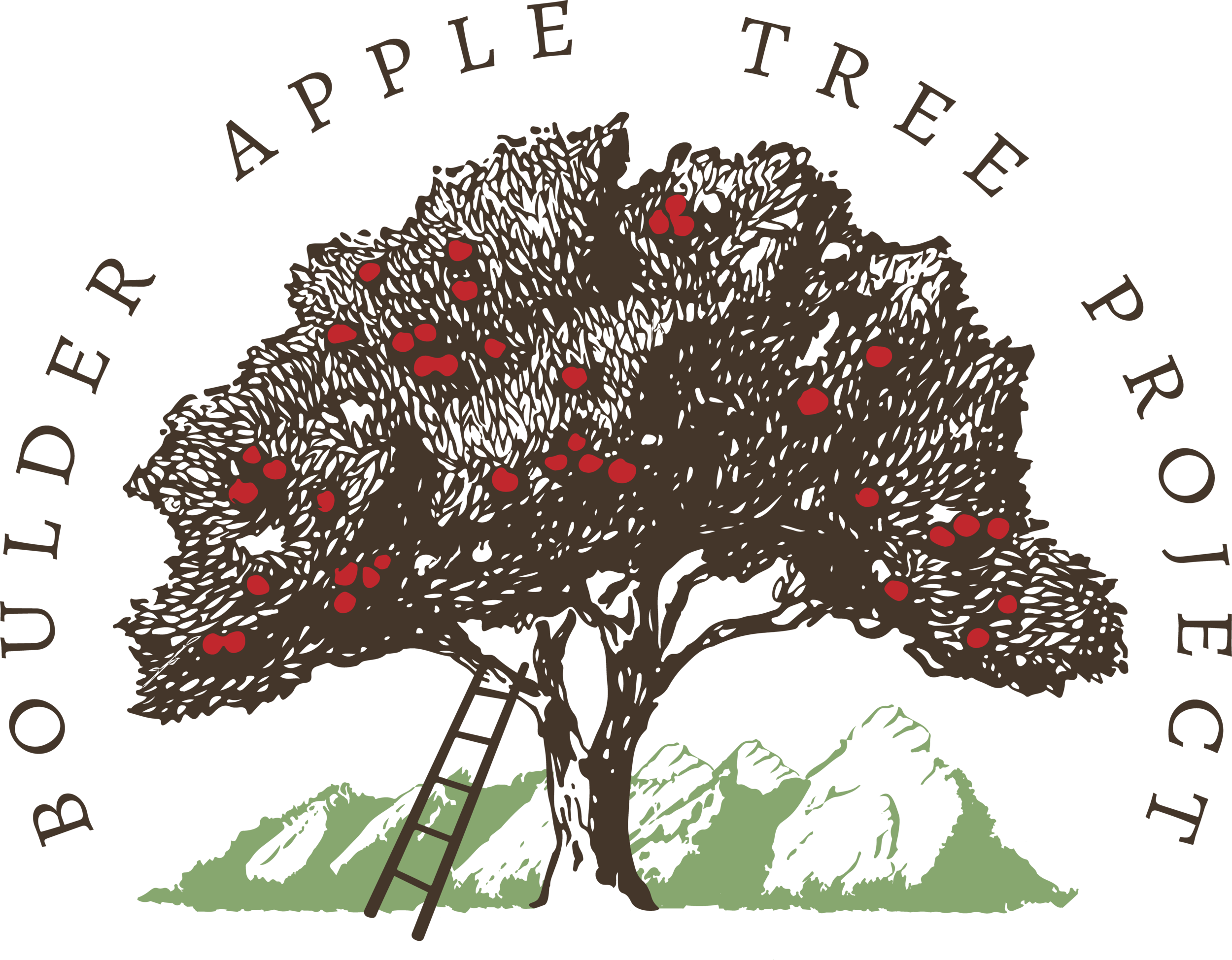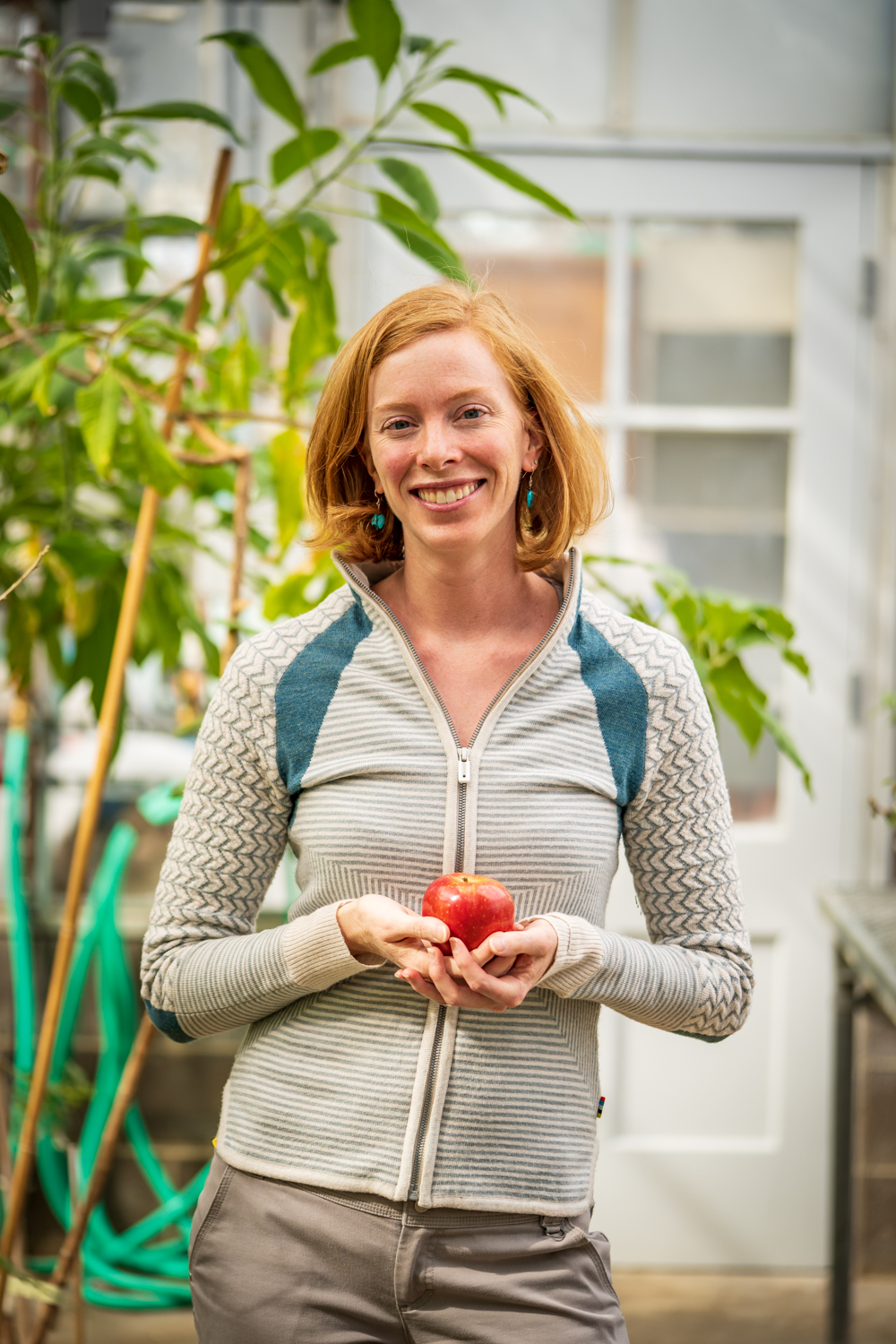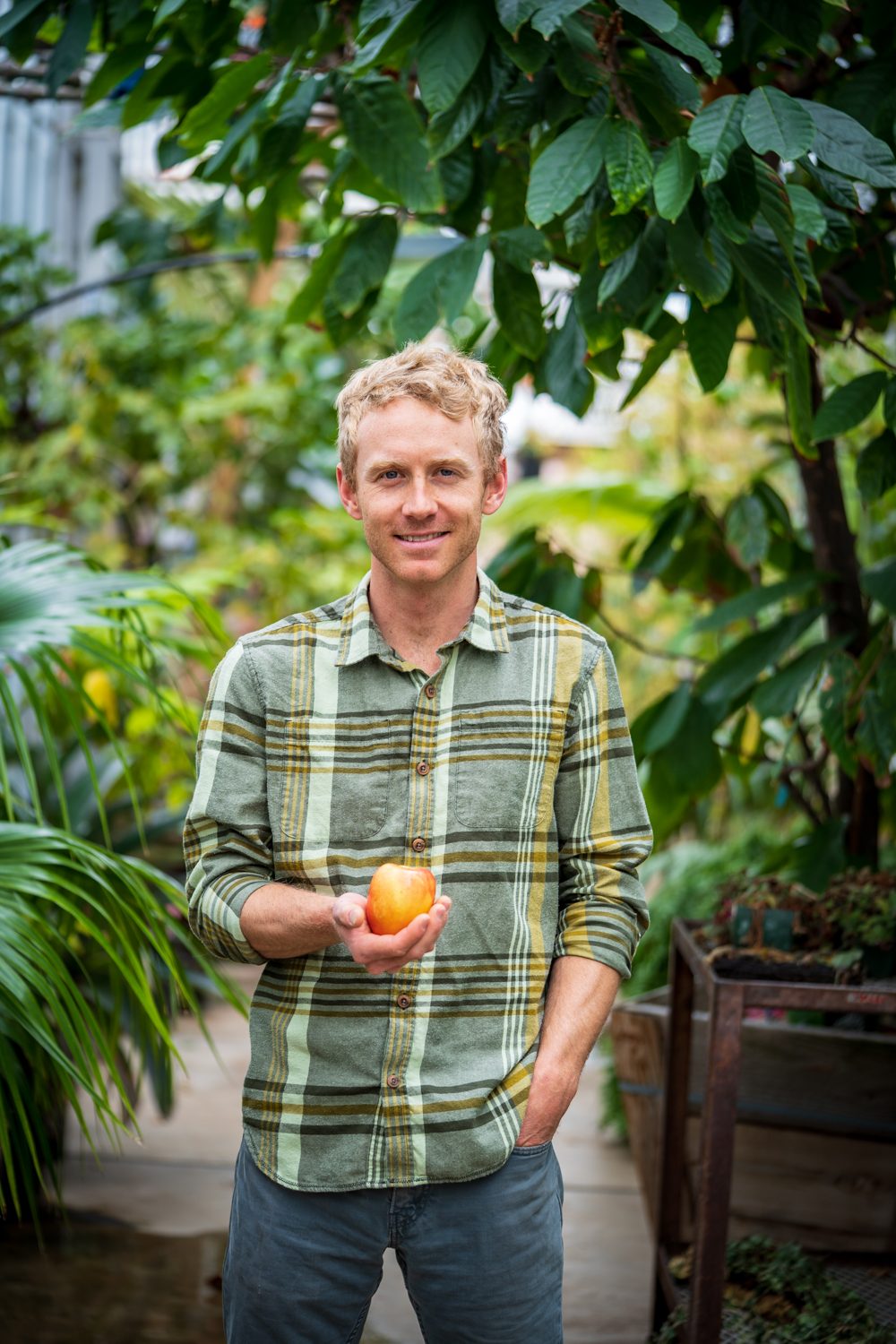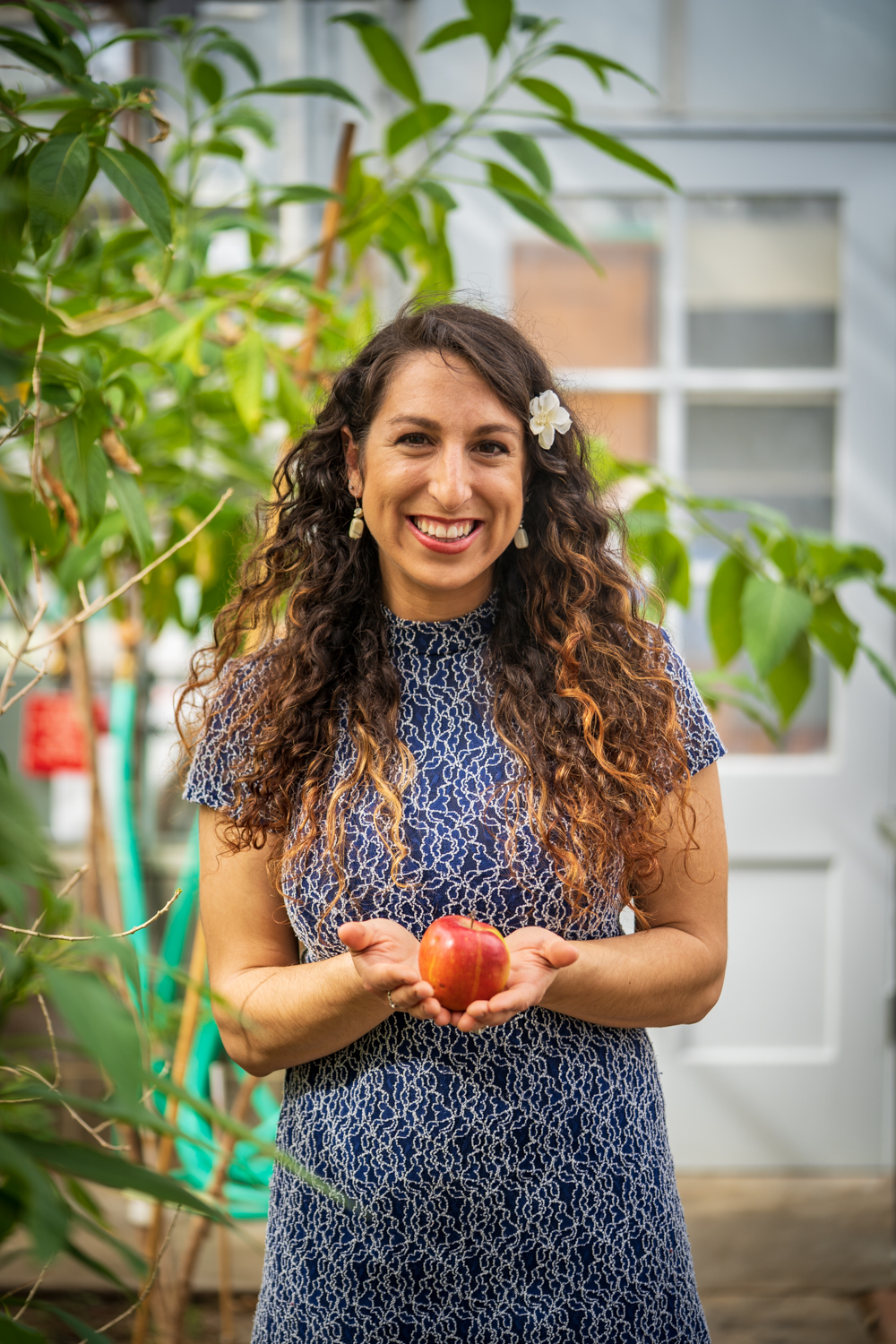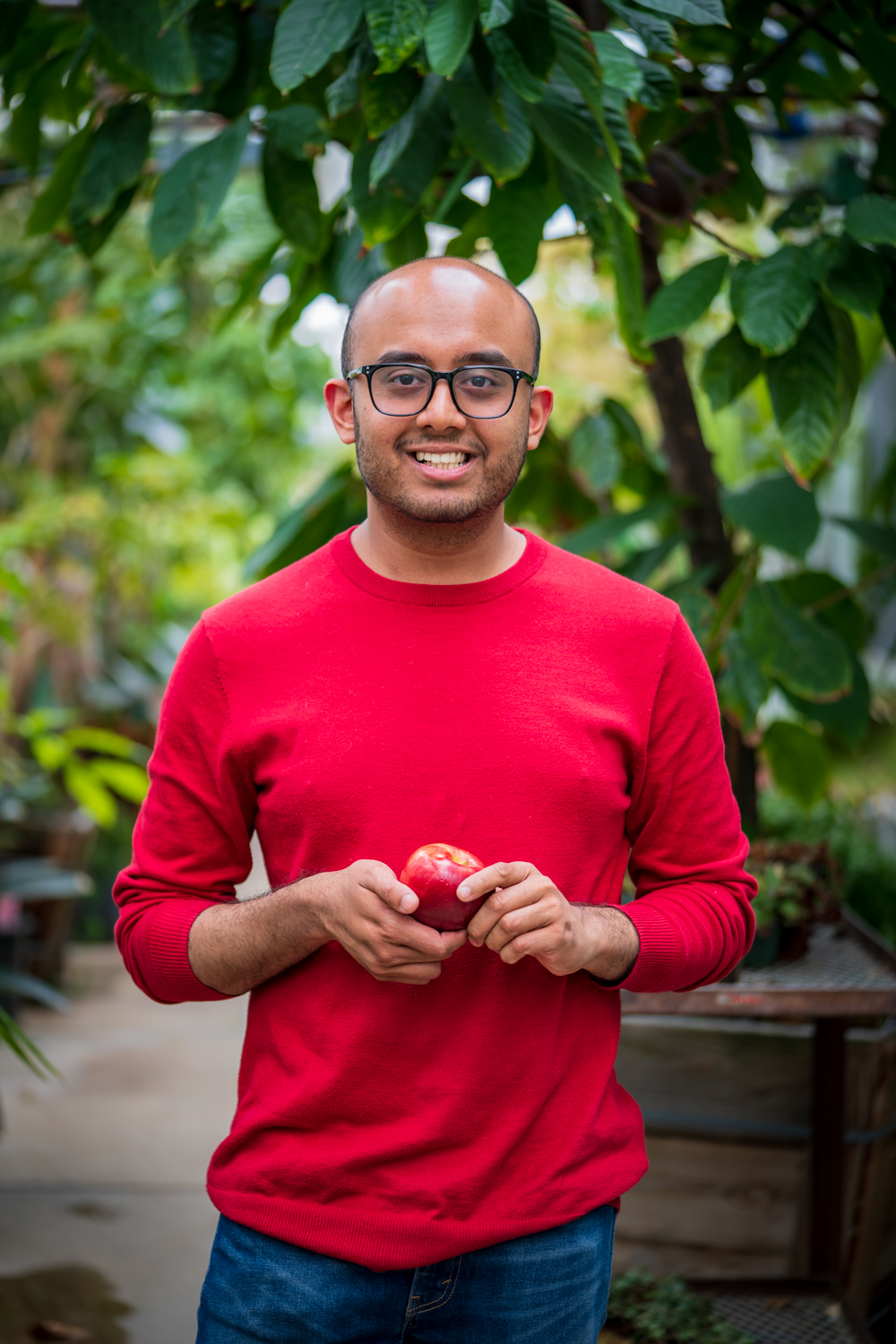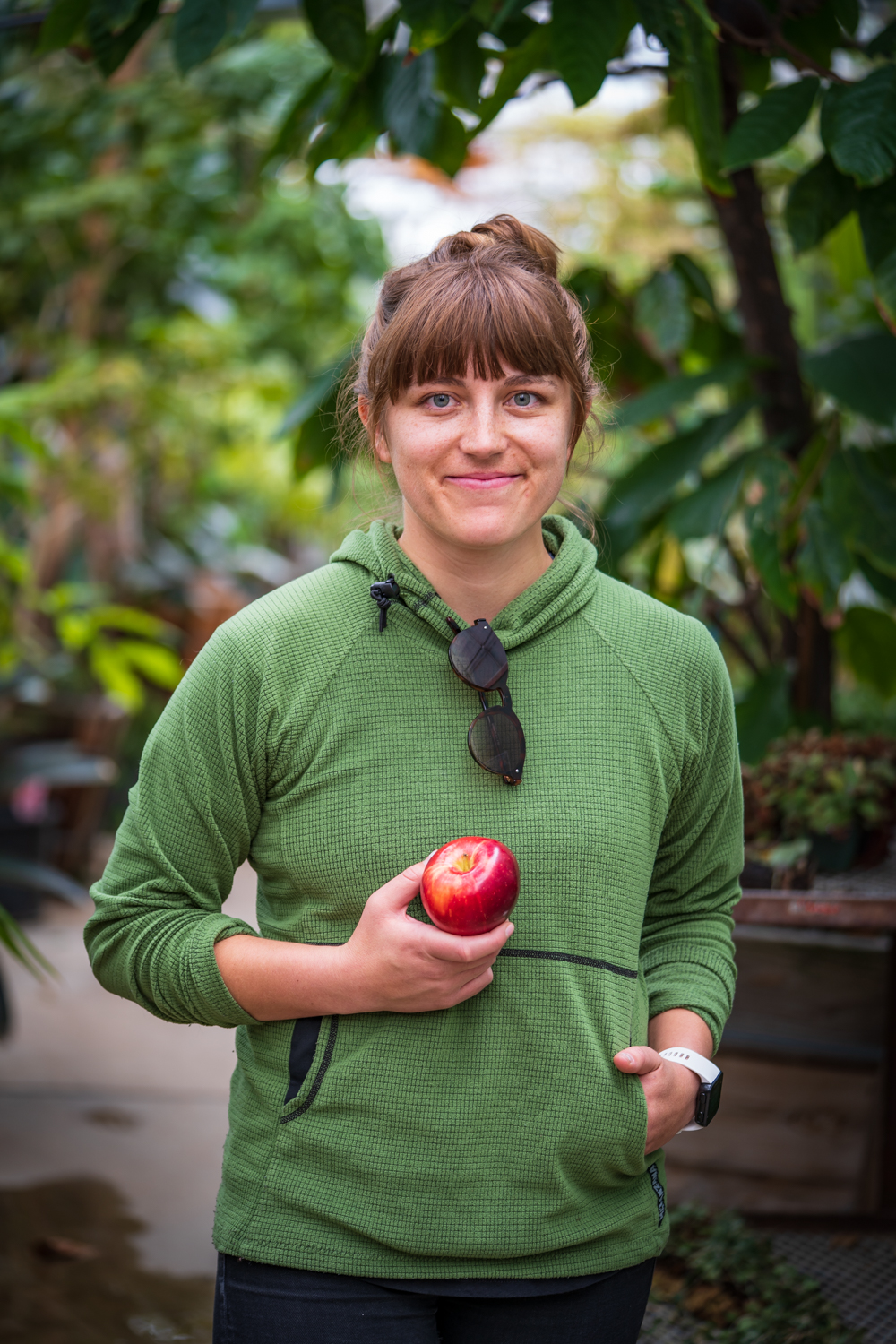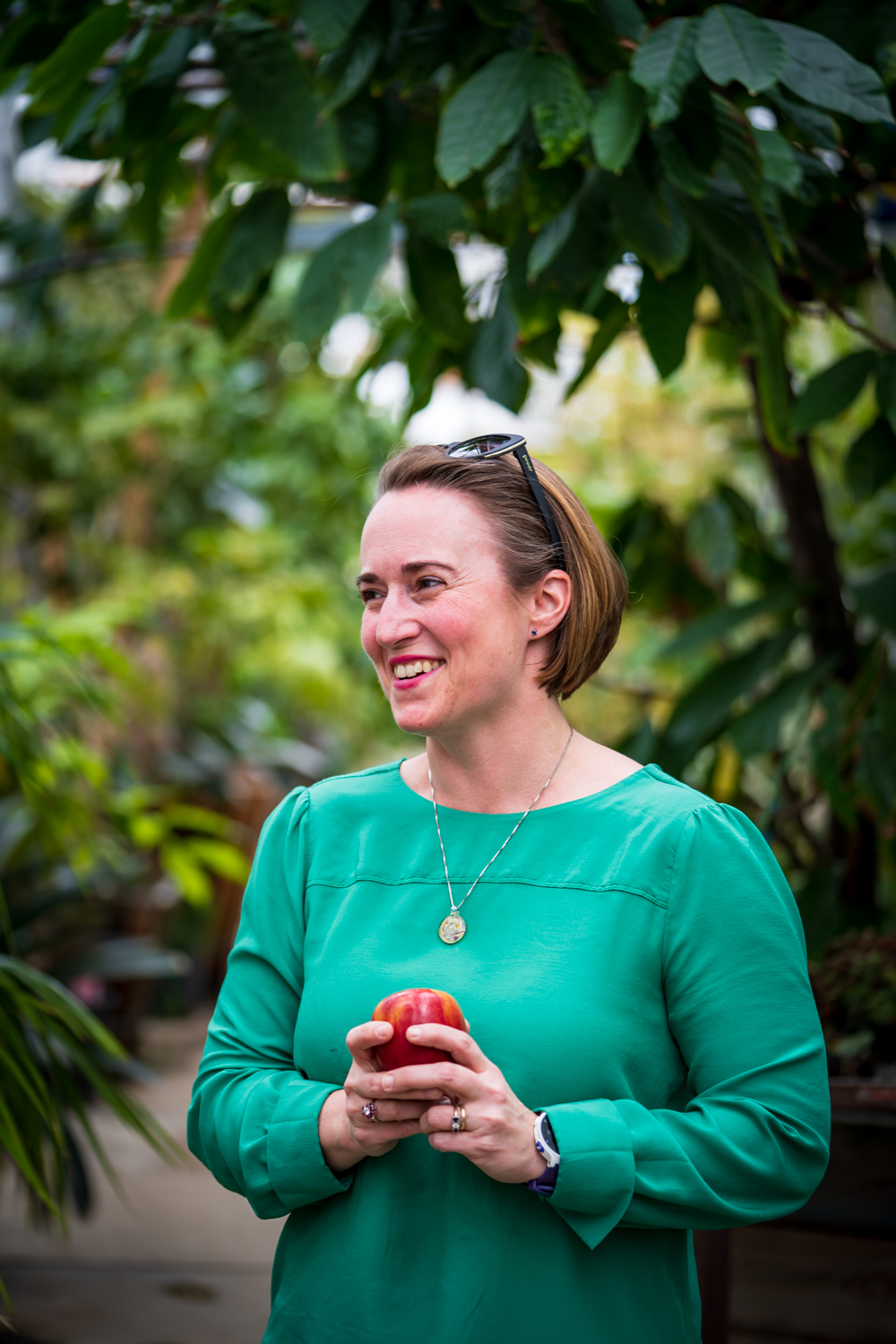richer lives through history & heritage
Here’s Why we do it
01.
These apples represent cultivars (i.e. culinary experiences, history, and flavors) currently absent from the commercial apple market.
02.
These trees contain precious genetic diversity that offers resilience to stressors like pests, disease, and climate change, and insight into adaptation.
03.
This project breaks down the notion of science as a solitary, academic endeavor and helps students see how collaborative and community-centered science can be.
04.
This project engages our Colorado community, celebrates local wisdom, and offers an entry point for those interested in academic culture and research.
